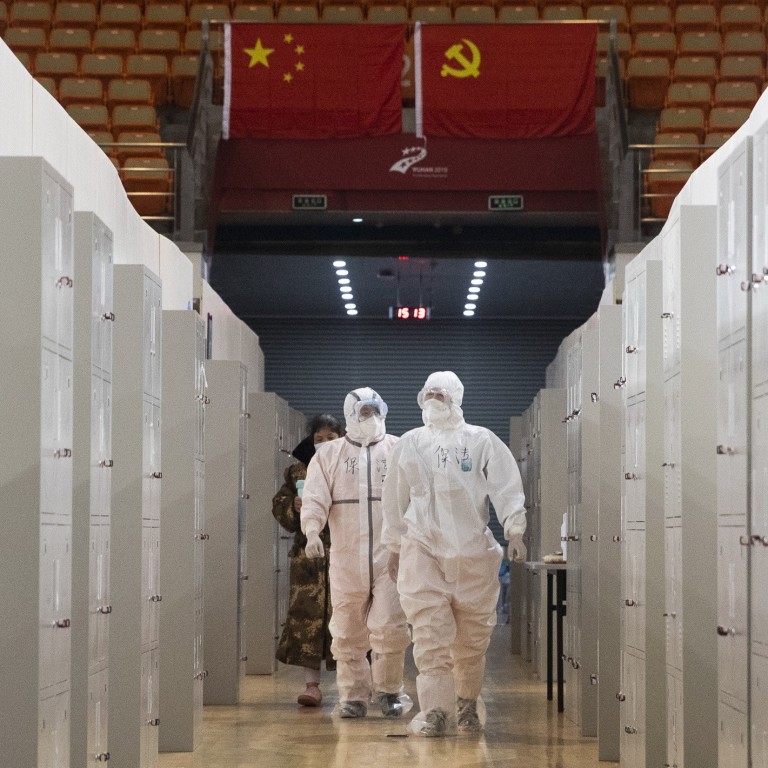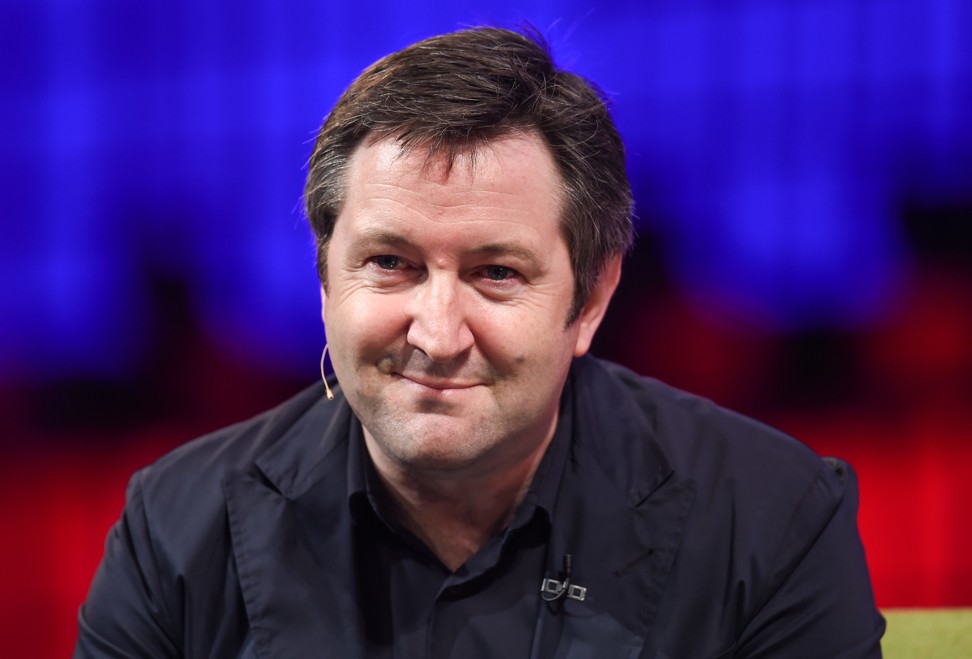
How to prepare the tech supply chain for the next outbreak: ‘You just can’t’
- Electronics manufacturing guru Liam Casey says the coronavirus proves there are some events you cannot plan for
- The global health crisis is generating fresh questions about whether the technology industry relies too much on China
Over the last 24 years, Liam Casey, an electronics manufacturing guru, has guided numerous brands through the intricacies of the Chinese supply chain. Today, he argues nobody could have prepared for the events of the past two months.
As the coronavirus inflicts incalculable damage to public health and economic growth around the world, every instinct of global business is being urgently questioned.
Casey is the perfect guy to answer the alarm. He is the founder and chief executive of PCH International, a product development and supply chain services company with core operations in San Francisco and Shenzhen, and – as Fortune magazine once described him – “the one you call for a factory connection, the guy you hire for your packaging design and the one you ask about FedEx negotiations”. The Atlantic magazine dubbed him “Mr. China”.

“Over the last 20 years, a huge amount of the component assembly and manufacturing has been concentrated in China,” Casey said on a video call from his office in San Francisco.
“You can move your final assembly today, but if you want a purely independent supply chain, that is a massive investment. I can’t see any one company that wants to make it.”
The Cork, Ireland, native is one of the most prominent Silicon Valley evangelists for, and beneficiaries of, a globalised supply chain, where products are developed and assembled in Chinese factories and shipped across the ocean, affixed with recognisable American brand names like Apple, Amazon.com and Dell.
Coronavirus: China’s manufacturing supply chain pummelled from all sides in efforts to restart
Like everyone else, PCH was affected when the coronavirus started to spread on the mainland over the Lunar New Year holiday. Its Shenzhen factory remained closed after the public holiday and reopened only after passing local inspections, two weeks behind schedule.
More than 100,000 people have been infected with the coronavirus worldwide. No known cases of infection were found among the 500 employees of PCH in China or the 60 in the US, Casey said. “Today we are back up at 100 per cent capacity, which has been a challenge,” he said.
Casey travels frequently to Shenzhen but is now grounded amid the outbreak. PCH has stopped all non-essential employee travel, and the company is using the video conferencing feature in Microsoft Teams to stay in touch.
Casey has had to field panicked calls from clients, who would normally be travelling to China this time of year to oversee prototypes of products for the next holiday season.
Casey recalled one customer telling him last week: “If I don’t get that product to market, all my colleagues, everyone on my team, will be out of work.”
Like the Sars outbreak of 2003, the coronavirus proves there are some events you cannot plan for, according to Casey. “You can strategise against trade wars, but when it comes to something like a global epidemic, you just can’t,” he said. “I was in China during Sars. You had a period where everything stops.”
This time, Chinese authorities moved relatively swiftly to contain the coronavirus, Casey said. But now it has spread far beyond China’s borders, and he worries about the response from other countries: “No one knows whether the worst is over or not.”
Purchase the China AI Report 2020 brought to you by SCMP Research and enjoy a 20% discount (original price US$400). This 60-page all new intelligence report gives you first-hand insights and analysis into the latest industry developments and intelligence about China AI. Get exclusive access to our webinars for continuous learning, and interact with China AI executives in live Q&A. Offer valid until 31 March 2020.

